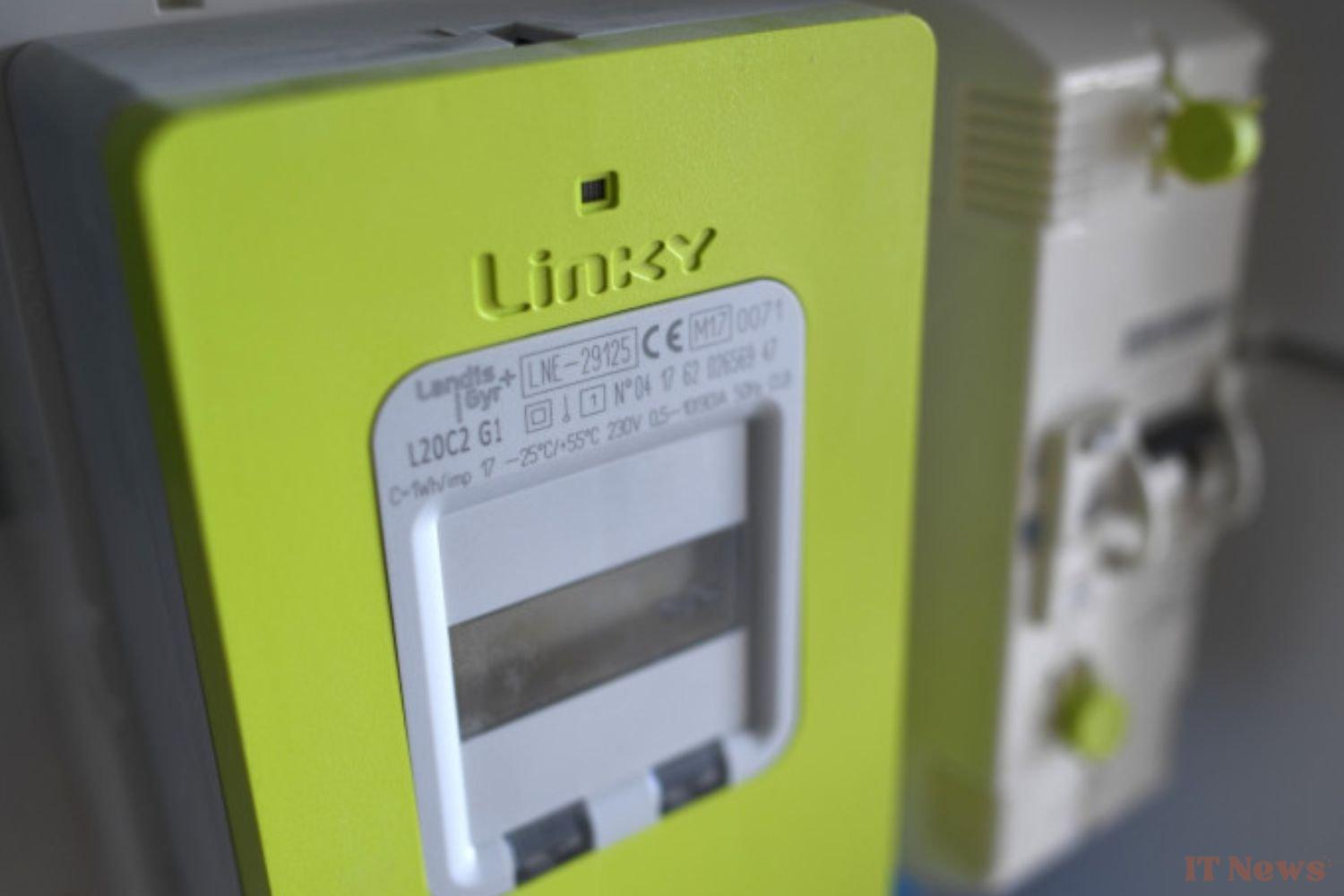The Court of Auditors published a few months ago an in-depth report on the effects of the deployment of Linky meters in French homes, with some rather surprising conclusions. Initially, these smart meters were intended to improve the efficiency of the electricity network and offer households better management of their consumption.
No savings for households
Our colleagues at JeuxVideo.com explain that “these gains have not translated into a reduction in electricity bills for consumers” despite the significant profits made by Enedis thanks to automation and the improvement of its operational efficiency.
Indeed, the Court The Court of Auditors highlights that Enedis has been able to significantly reduce its costs, notably by avoiding physical travel for meter readings, which represents an estimated saving of €120 million per year. In addition, remote management of technical operations (such as commissioning or power outages) has made it possible to limit field interventions and associated logistical costs.
The Court of Auditors also specifies that these advances have also improved the quality of service by detecting anomalies more quickly and reducing corrective interventions. The operator has thus been able to optimize its investments and better plan its work on the network by strengthening electrical resilience and facilitating the integration of renewable energies.
Despite these substantial savings on the part of Enedis, the Court of Auditors points to a lack of redistribution of benefits to consumers. It explains that the tariff structure and the investments required for the initial deployment absorbed a large part of the gains made. Furthermore, the French pricing model, which is regulated by the Energy Regulatory Commission, does not allow for a direct impact of Enedis' savings on household bills.
Our colleagues cite the Court of Auditors, which points out that "the deployment of Linky meters represents a long-term investment" and that "the benefits for consumers, particularly in terms of optimized management of their consumption and participation in the energy transition, should materialize gradually." In other words, forget the immediate repercussions: you will have to be patient to reduce the bill.
The benefits for Enedis
The Court of Auditors' report also highlights the advantageous financial conditions that Enedis has benefited from throughout. The specific remuneration linked to Linky meters – with a guaranteed rate until 2041 – allows Enedis to receive additional remuneration estimated at several hundred million euros over the period 2016-2023. The incentive regulation granted Enedis bonuses for exceeding performance targets still has margins. This situation, described by the Court as a “complex and costly mechanism”, was “ultimately borne by consumers”, the report emphasizes.
Despite these criticisms of the lack of transparency and redistribution to consumers, the Court of Auditors recognizes that Linky has contributed to the stability of the network and in particular by helping to balance supply and demand during consumption peaks. However, it notes that the results in terms of controlling energy demand and reducing fraud are still “disappointing” and that it will therefore be necessary to do better in the future.
You can find the report here.



0 Comments